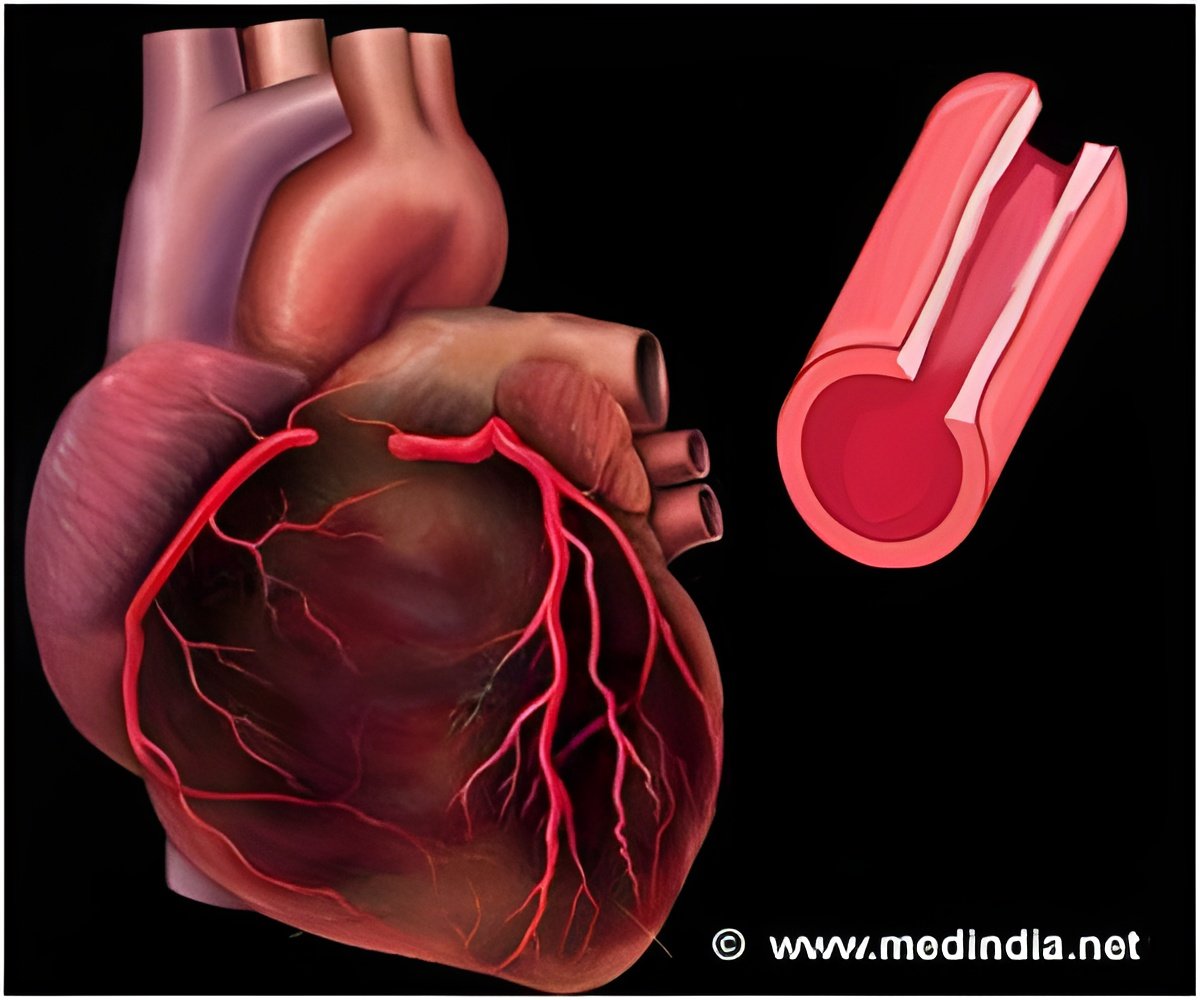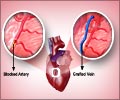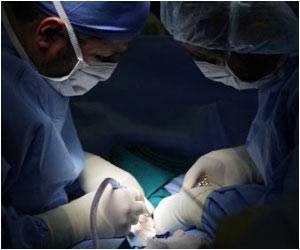Dramatic reduction in risk of hospital readmission and death after surgery is seen if home visits are done by a cardiac surgery nurse practitioner after a CABG.

"The goal of the Follow Your Heart program is to provide continuity of care for patients that the cardiac surgery nurse practitioners know from the hospital setting and provide robust medication management, coordinate community services, and be a communications hub for hospital and community providers," said Dr. Hall.
The study included 401 patients who underwent isolated CABG surgery at a single New York institution from May 1, 2010, to August 31, 2011. Of these patients, 169 were entered in the Follow Your Heart program, and 232 received usual care.
The researchers found that patients receiving usual care were three times more likely to be readmitted or die (one death in usual care group treated as readmission within 30 days for statistical reasons) following surgery than patients receiving NP home visits (11.54% vs. 3.85%, respectively). Previous research has shown that one in five Medicare patients (20%) is readmitted to a hospital within 30 days of discharge following CABG surgery, and most of those hospital readmissions are preventable, according to Dr. Hall.
As part of the Follow Your Heart program, patients received two home visits from an NP in the first week to 10 days after discharge, a routine surgeon office visit around 10 to 14 days after discharge, multiple phone calls from the NP, and the assurance that hospital personnel were available around the clock for questions, including an on-call surgeon. Encrypted smart phones were used to send pictures of incisions to surgeons and to email reports to hospital and community providers.
When comparing the costs for the program to the costs of the readmissions averted, the researchers found a substantial savings.
Advertisement
Founded in 1964, The Society of Thoracic Surgeons is a not-for-profit organization representing more than 6,700 cardiothoracic surgeons, researchers, and allied health care professionals worldwide who are dedicated to ensuring the best possible outcomes for surgeries of the heart, lung, and esophagus, as well as other surgical procedures within the chest. The Society's mission is to enhance the ability of cardiothoracic surgeons to provide the highest quality patient care through education, research, and advocacy.
Advertisement
Source-Newswise














